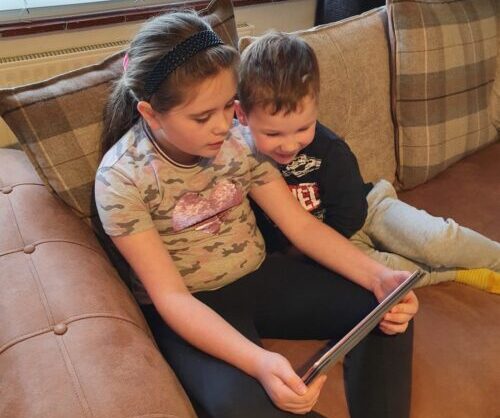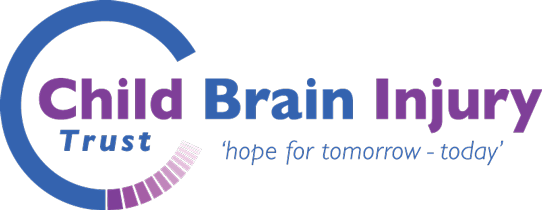
Hi everyone, we are Sharon and Becky, an Occupational Therapist and Speech and Language Therapist working in the National Rehabilitation Hospital (NRH) in Dublin, Ireland. We both work with children with Acquired Brain Injuries (ABI) and have a special interest in how we can use technology to support a child’s participation and interactions in their everyday life.
As a result of the current global pandemic, the use of technology is relevant now more than ever. Technology can be applied in a variety of novel ways to support children with ABI. For example, supporting memory, academic engagement, social interactions, reduction of isolation, and completion of daily activities.
There are many mainstream options and applications of technology available that we can creatively use to support children with ABI in an effective and subtle manner. We are now going to outline some helpful apps/application of technology that can support children in the areas outlined above.
Memory:
- Book Creator app (€3.49 for iPad): This acts as a personal, visual diary which can be used to document events, e.g., a birthday party. This diary can be personalised using text, voice recording and videos to aid memory and this makes it exciting for children to share their news. This can support an errorless learning approach and enhance a child’s self-esteem.
- There are some other really simple free inbuilt features in all devices that can help support children’s everyday memory, such as the Reminders function, the Notes app, Camera, Photo albums and Calendar.
Academic Engagement:
- Inbuilt Dictate and Read Aloud in Office 365 (inbuilt in Office 365): Microsoft Office has an inbuilt read aloud function which enables a child to hear the spoken content of any text. Microsoft Office can also let children dictate their word documents using speech-to-text with a microphone and a reliable internet connection. These are free inbuilt features of this software package. These features can provide optimal opportunities for children with physical or cognitive difficulties to participate in school work leading to increased independence and enhanced enjoyment of school. It’s just about exploring and finding them!
Social Interactions:
- Talk’N’Photos app (€3.49 on IOS): Talk’N’Photos is a simple to navigate talking photo album. This app is customizable and allows children or their guardians to add text and voice recording to the album and each photo within the album. Talk’N’Photos allows a child to take snapshots of key activities and people in daily life which can promote more spontaneous communication opportunities. This can reduce the stress that is placed on a child’s communication skills when trying to get their message across without a visual support.
Reduction of Isolation:
- Online activities and video chats to explore participation (free on all devices): There are a range of online activities that are available for children with ABI to engage in with the support and supervision from adults. It is important to have social connection at this difficult time, especially for children that are more isolated. Here in the NRH, we are supporting children to engage in online exercise classes with peers, continue to have a presence in their classroom via a platform such a Zoom, and staying in contact with family and friends via video calls or sending emojis on WhatsApp. So get creative and use your device as a way to connect, and help children to reintegrate into their social and academic environments. Gaming with friends online is another avenue for children to stay connected. But remember, setting time boundaries for screen-time is still important!
Completion of Daily Activities:
- CanPlan app (free on IOS): The CanPlan app promotes independence through breaking down multi-step tasks into a step-by-step sequence of easy-to-follow instructions. It uses customisable visual and verbal prompts. This can facilitate an errorless learning and multi-modal approach to daily task completion. This can be particularly useful when following recipes in the kitchen and completing dressing activities.

We find technology a powerful tool which can have a significant positive impact supporting children with ABI progress towards their personal goals. There are a range of mainstream apps and inbuilt features that can be used creatively to support children with ABI. We hope you have fun trying some of these out and exploring further innovative ways of using technology. Technology is a mainstream aspect of children’s lives nowadays and their familiarity and comfort levels with it can help to heighten their motivation and overcome barriers to engaging in meaningful activities.
We will leave you with our favourite quote:
For some people technology makes things easier, but for children with a disability technology can make things possible.
Sharon Leahy (Senior Occupational Therapist)
Becky Woods (Senior Speech & Language Therapist)


